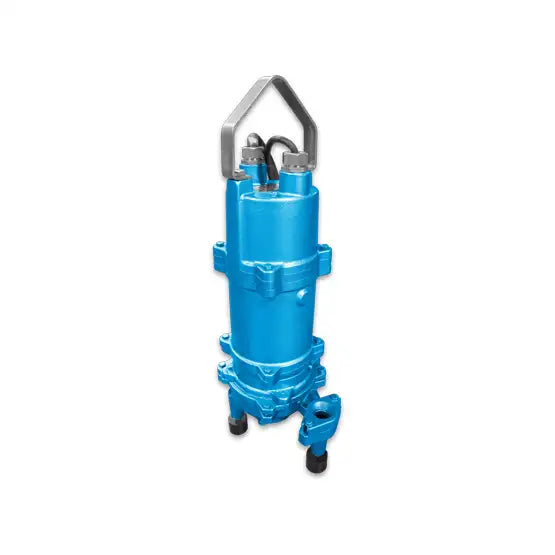
Understanding Clogging Issues in Lift Stations and Solutions
Share
When dealing with municipal water systems, clogging issues are a significant concern, particularly for lift stations that handle wastewater. These systems are essential for transporting sewage and stormwater from lower to higher elevations. Unfortunately, they often face challenges when it comes to maintaining efficiency due to various obstructive materials. One of the leading culprits in these complications is the excessive disposal of items not meant for toilets, such as baby wipes.
Baby wipes represent one of the most commonly found contaminants in sewage systems. Although marketed as flushable, they do not decompose in water as toilet paper does, leading to severe clogs in pipes and pumps. Such clogs can cause backups, overflows, and potential damage to lift station equipment, impacting the entire municipal water infrastructure.
One major area where clogging can occur is within the grinder pumps used in lift stations. Grinder pumps are designed to pulverize solids and help move wastewater efficiently through the system. However, when materials like baby wipes, grease, and other non-biodegradable items are introduced into the waste stream, they can jam the pump impellers and significantly hinder operation.
Understanding the Role of Grinder Pumps
Grinder pumps play a crucial role in managing wastewater in both residential and municipal settings. Specifically, a 1 1/4" discharge 2 HP 1PH or 3PH 208/230V Grinder Pump is often utilized because of its power to handle difficult waste efficiently. Reliable grinder pumps can break down tough solids and ensure consistent flow to treatment facilities. However, unmanageable waste can lead to constant maintenance issues and system failures.
Clogging Causes: A Deeper Dive
Aside from baby wipes, other materials that contribute to clogging might include:
- Grease: Often accumulates in pipes, combining with other solid waste to create substantial blockages.
- Feminine hygiene products: These items do not break down effectively and contribute significantly to clogging.
- Disposable diapers: Another item that causes significant problems when flushed.
- Food waste: Though less common in municipal settings, this can still cause issues when improperly disposed of.
Impact of Clog on Lift Stations
The ramifications of clogging in lift stations are profound. They can cause:
- Increased Maintenance Costs: Frequent repairs and replacements of damaged grinder pumps and other components lead to higher operational expenses. Lift station repair companies often find themselves called to action much more frequently in clogged systems, leading to resource strain.
- System Downtime: Clogs can result in pump failures, requiring immediate attention and repairs, thus creating service interruptions that can affect the surrounding community.
- Environmental Hazards: In severe cases, overflow can occur, presenting public health risks and water contamination concerns.
Preventing Clogging Issues
For lift station repair companies aiming to minimize such clogging issues, several proactive measures can be advocated:
- Public Awareness Campaigns: Educating the community on what can and cannot be flushed down toilets is key. Encouraging residents to dispose of baby wipes and other non-flushables properly can significantly reduce clogging occurrences.
- Regular Maintenance: Implementing routine inspections and maintenance schedules for grinder pumps and lift stations is essential. This practice allows for early detection and resolution of potential issues before they escalate.
- Invest in High-Quality Equipment: Using reliable and powerful grinder pumps, such as the aforementioned 2 HP models, can help manage waste more effectively. These pumps are designed to deal with more challenging waste products, ultimately reducing risks associated with clogs.
- Upgrade Systems: Older lift station systems may not handle modern disposal habits effectively. Upgrading to newer models that can better process various types of waste can prevent clogging issues from arising.
Conclusion
Clogging issues in lift stations, primarily caused by items like baby wipes, can lead to substantial operational challenges for municipalities. However, with proper public education, regular maintenance, and investment in effective grinder pumps, these problems can be mitigated. Lift station repair companies play a pivotal role in ensuring the efficiency and reliability of municipal water systems. Addressing clogging proactively not only benefits individual systems but also enhances the overall health of community infrastructures.
